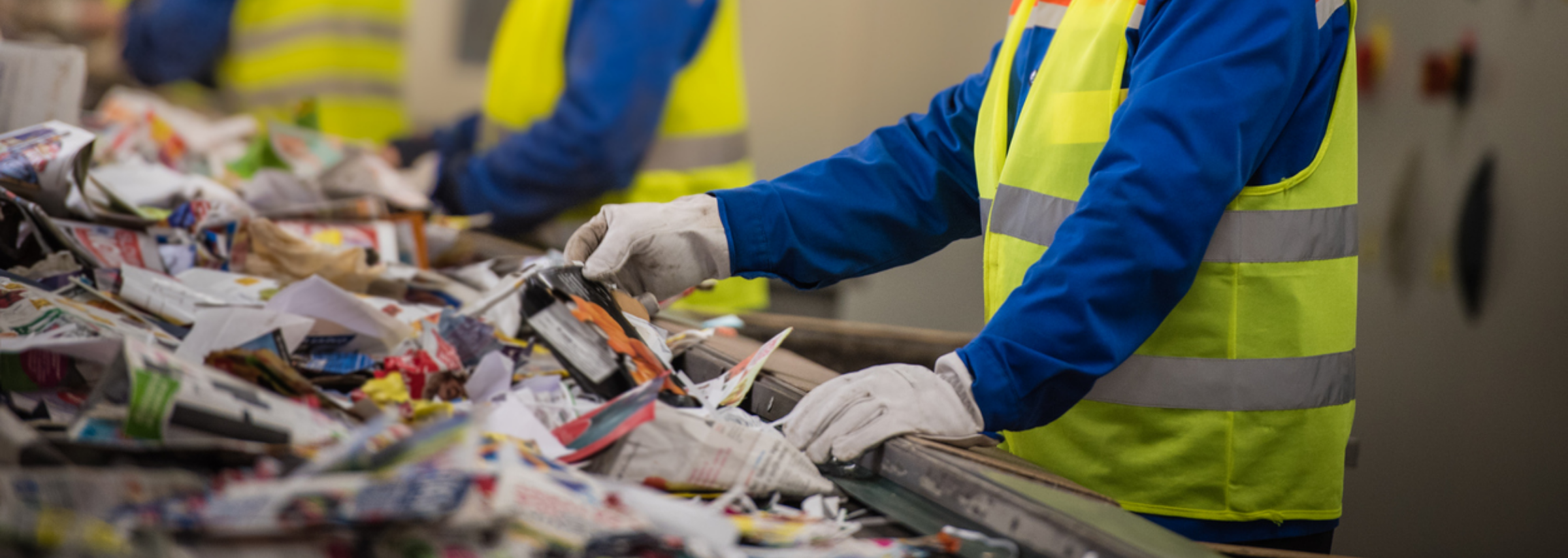The Broker Story
Waste management brokers in the UK emerged as a response to the growing need for efficient and sustainable waste disposal solutions.
The history of waste management brokerage in the UK can be traced back to the late 20th century when concerns about environmental pollution and resource depletion began to gain significant attention.
Late 20th Century
In the latter part of the 20th century, the UK, like many other developed nations, experienced a surge in industrialisation and urbanisation, leading to increased levels of waste generation. This surge applied pressure on existing waste management infrastructure, such as landfills and incineration facilities. At the same time, environmental regulations became stricter, prompting businesses to seek more sustainable waste management solutions.
Emergence of Waste Brokers
In response to these challenges, waste management brokers started to emerge. These brokers acted as intermediaries between waste producers (businesses, industries) and waste disposal facilities (landfills, recycling centres, waste-to-energy plants). They helped companies to find the most cost-effective and environmentally sound methods for managing their waste.
Regulatory Changes
The UK government introduced various regulations to promote recycling, reduce landfill waste, and encourage sustainable waste management practices. The Landfill Tax Regulations of 1996 and the Waste Electrical and Electronic Equipment Directive (WEEE Directive) of 2003 incentivised businesses to minimise waste and seek alternative disposal methods.
Advancements in Recycling Technologies
The waste management industry witnessed advancements in recycling technologies, making it increasingly feasible to divert waste from landfills and convert it into reusable materials.
Waste brokers were crucial in connecting businesses
with recycling facilities and facilitating recycling.
Expansion of Services
Over time, waste management brokers diversified their services to include waste audits, waste reduction consultancy, and sustainability reporting. They evolved into comprehensive waste management solutions providers, offering tailored services to meet the specific needs of businesses across various sectors.
Focus on Sustainability
With growing awareness of environmental issues, waste management brokers began to prioritise sustainability in their operations. They worked closely with clients to implement waste minimisation strategies, promote circular economy principles, and maximise resource recovery from waste streams.
Integration of Technology
The digital revolution significantly changed the waste management sector. Waste brokers started leveraging technology solutions such as waste management software, IoT-enabled waste monitoring systems, and data analytics to optimise waste collection, transportation, and disposal processes.
Current Landscape
Today, waste management brokers play a vital role in the UK’s efforts to achieve sustainable waste management practices. They work with businesses, waste management facilities, and regulatory bodies to address emerging challenges such as plastic pollution, electronic waste, and carbon emissions associated with waste disposal.
